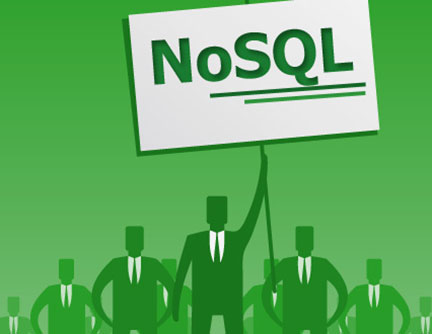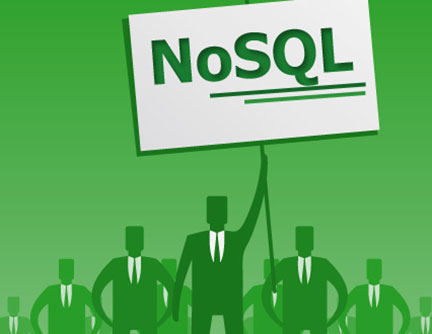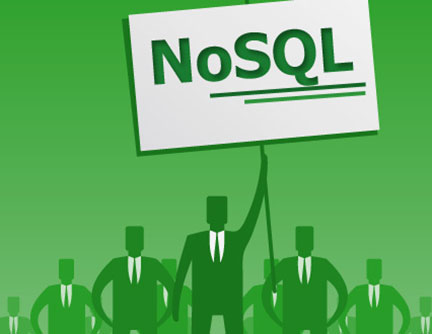From the relational databases, that characterized the last two decades and more. NoSQL databases have gained popularity as a better method of data handling, and below are five reasons why:
1. Elastic Scalability
In the past, the best DBA services still had to depend on scaling up whenever there was a need for expansion. This meant purchasing larger servers to deal with the increasing data load. NoSQL databases offer the much easier option of scaling out – the databases are distributed across multiple pre-existing hosts. With an increase in the availability requirements and transaction rates, scaling out onto virtual environments offers a more economical alternative to hardware scaling.
It is not as easy to scale out RDBMS on commodity clusters, but with NoSQL databases, transparent expansion is already pre-programmed so that they can scale out to fill new nodes. These are also designed bearing in mind low-cost commodity hardware.
2. Useful for big data
The last decade has witnessed a rapid growth in the transaction rates, as have the volumes of data that need to be stored. This is what led to the creation of the term ‘big data’, and has been affectionately referred to as the “industrial revolution of data” in certain circles.
The capacity of RDBMSs grew to match the requirements of the new data volumes, but just as happened with the transaction rates, there’s only so much data volume that can be managed by a single RDBMS practically. Instead, many people are turning to NoSQL systems like Hadoop to handle their ‘big data’ volumes, as these outperform the capabilities of the most prominent RDBMS.
3. Reduced reliance on in-house DBAs
A major disadvantage of implementing these powerful high-end RDBMSs is that maintenance is only possible by employing trained DBAs, which certainly don’t come cheap. They are intricately involved in the design, installation and performance tuning of these RDBMSs, which makes them virtually indispensable.
On the other hand, NoSQL databases have been designed to require less hands-on administration, with features like data distribution, auto-repair, and simplified data models. While somebody still has to be accountable for the management of the systems, organizations implementing the latter can only rely on the best remote DBA services which are cheaper and work just as well, rather than incurring the cost of retention and progressive training on an in-house DBA.
4. It’s cheaper
NoSQL databases are designed to utilize cheap commodity server clusters for the management of ever-growing transaction and data volumes. RDBMSs, on the other hand, require expensive storage systems and patented servers, which means that the latter has a greater cost per volumes of data stored. This means that for a much lower price, you can store and process a higher volume of data.
5. Agile data models
RDBMSs give colossal headaches when it comes to change management, especially for the large production ones. The minor change must be carefully monitored, and may still involve some downtime or reduction in service levels. NoSQL does not have such restrictions on their data models, and even the more rigid NoSQL databases based on BigTable structure still allow for relative flexibility like an addition of new columns with no major breakdowns.
This means that changes to applications or database schema need not be managed as a single change unit, making the process much easier.














